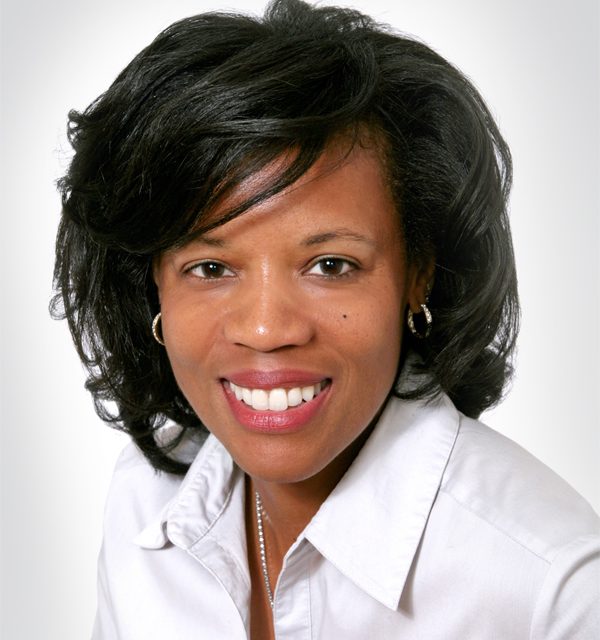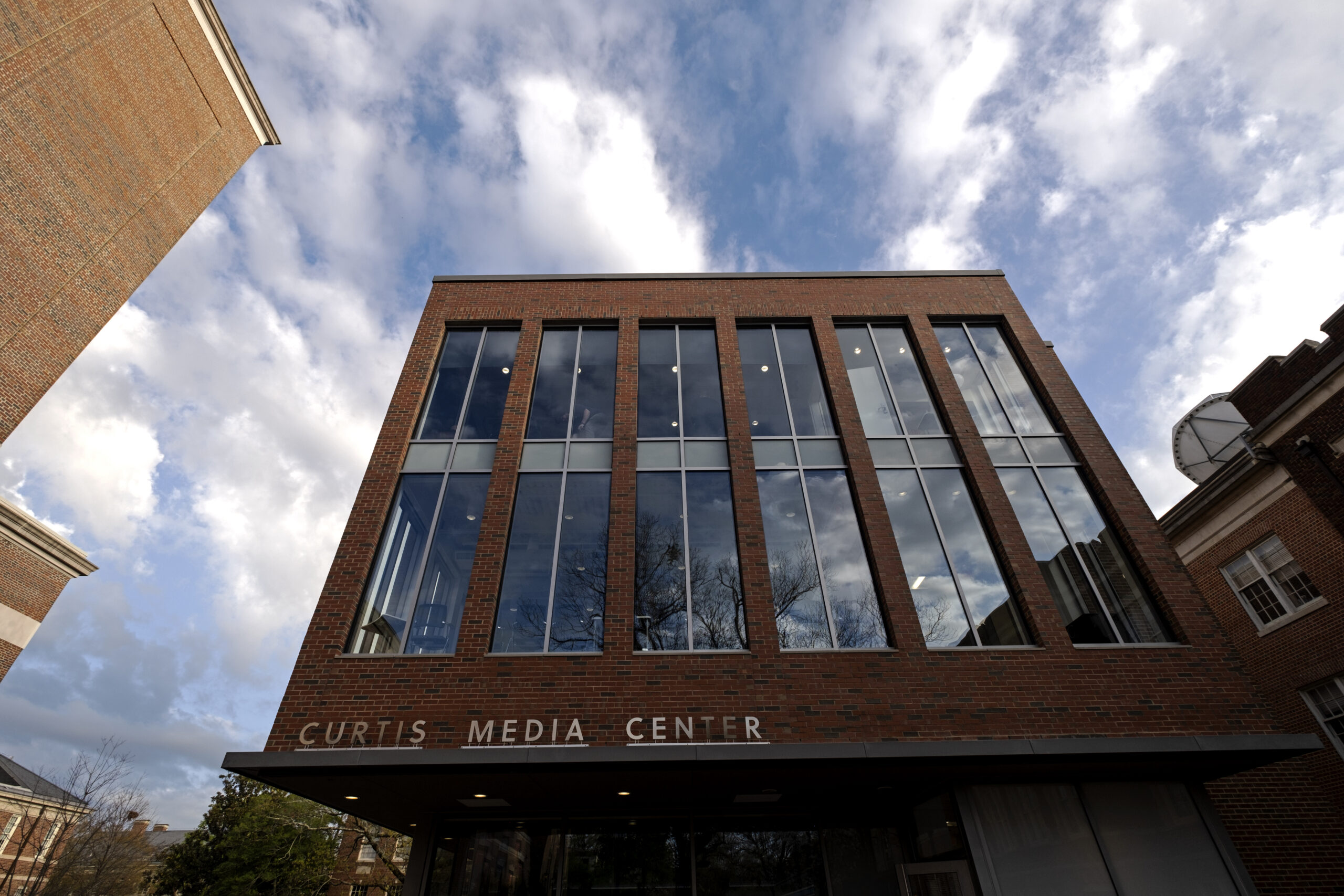Beyond the wins and losses, beyond the performance on the field, big-time college athletics is also a major economic driver – not just for the university, but for the community as well.
What is the economic and social impact of college athletics? What would Franklin Street be like without it?
UNC Kenan-Flagler Business School professor Deborah Stroman engaged those questions at a talk entitled “The Business of Sport: Opportunities for Relationships and Revenue,” hosted by UNC on Saturday in conjunction with that afternoon’s football game. (It was the first in a series: UNC is hosting a “Tar Heel Tailgate Talk” ahead of every home game this year.)
Watch a video of her talk here.
Among the findings she highlighted:
- About 75 percent of UNC’s athletics revenue comes from three sources: ticket sales, radio/TV contracts, and the Rams Club.
- In 2012, UNC Athletics’ operating expenses were about $82 million for 28 sports; that’s in line with many of Carolina’s peer institutions. (Virginia spent about $75 million the same year; Michigan spent $115 million.)
- Between game attendees, museum visitors, summer camp participants, and the like, more than a million people participate in UNC athletics events every year. (1,050,000 people, to be precise.)
- And a typical football game generates around $5-6 million in total revenue. UNC’s 2013 game against Miami, for instance, had an overall economic impact of $5.2 million – including $755,000 in lodging, more than $1.1 million in food and beverage sales, and nearly $600,000 in retail sales.
View Stroman’s presentation here.
But that’s only the economic impact. Nelson Mandela famously said that “Sport has the power to change the world,” and Stroman says she believes that sports are capable of bringing people together, forging bonds of solidarity, overcoming differences, and inspiring people to learn, to strive, to achieve, and to become better people…
…if, that is, we take advantage of that power. (Stroman says we can do a much better job than we’re doing today.)
Deborah Stroman spoke with WCHL’s Aaron Keck on Monday.







Comments on Chapelboro are moderated according to our Community Guidelines